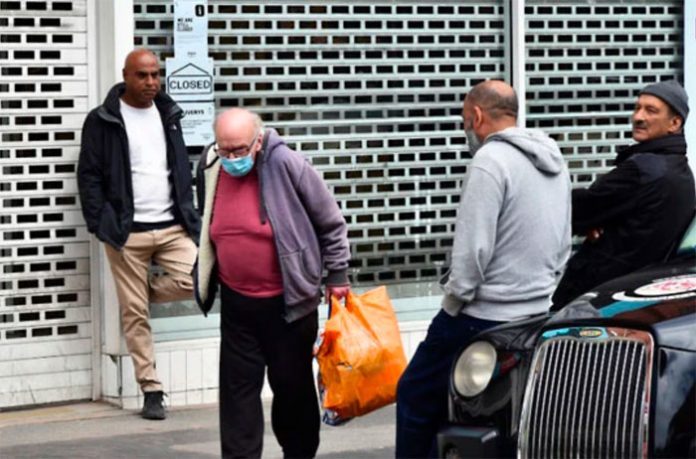A new study has suggested that the number of people immune to COVID-19 may be higher than anticipated, and that antibody testing may no longer be the best tool for tracking it.
The study, conducted by the Karolinska Institutet in Sweden, in partnership with Karolinska University Hospital, studied 200 healthy people with no symptoms, measuring antibody levels alongside T-cell responses — white blood cells that are a key component of the body’s response to tackling COVID-19.
The results found that around 30 percent of subjects had “T-cell immunity,” which was double that of the number displaying high levels of antibodies, suggesting that immunity levels in the general public without symptoms of COVID-19 may be twice as high as previously thought.
Soo Aleman, a consultant at Karolinska University Hospital, said T-cells had been found both in people who had caught COVID-19 and in asymptomatic family members, suggesting that immunity is not limited to those who have caught the virus.
The findings come on the back of research done by teams from the University of Padua in Italy and Imperial College, London, in the town of Vo in northern Italy, which found that up to 40 percent of cases detected displayed no symptoms.
Antibody testing in the UK, meanwhile, had shown beforehand that only around 7 percent of people in England had developed antibodies, rising to 17 percent in London.
The discovery, though it has not yet been peer-reviewed, could, therefore, indicate that major hotspots for the disease may be further along in the process toward achieving “herd immunity,” meaning immunity through the gradual exposure of a population to a pathogen.
That would herald a great stride forward in the fight against the virus if a greater portion of the public is better able to withstand the effects of COVID-19 by natural means.
“We see approximately twice as many individuals that have T-cell responses or T-cell immunity in comparison to antibodies,” said Marcus Buggert, an assistant professor at the Karolinska Institutet.
“What this means is that we are probably underestimating the number of people that have some type of immunity,” he added.
“If it means that these individuals are totally protected, or if they’re going to get a milder or asymptomatic disease in the future, it’s hard to say.”
Antibody tests, to now the main method of detecting immunity, have proven not only to have a low ability to test immunity, but have been the source of great unreliability throughout the course of the pandemic, with several countries admitting that thousands of tests ordered in the aftermath of respective outbreaks, such as in Spain and the UK, were not fit for purpose.
The T-cell testing by the Karolinska Institutet, however, could take up to six days to yield results, whilst antibody tests can be returned in under an hour.
Prof. Hans-Gustaf Ljunggren of the Karolinska Institutet said: “Our results indicate that public immunity to COVID-19 is probably significantly higher than antibody tests have suggested. If this is the case, it is of course very good news from a public health perspective.”
Sweden remains the only major country in Europe that did not undergo a sweeping official lockdown in an effort to halt the spread of COVID-19.
Just 7.3 percent of people in the capital Stockholm was found to have COVID-19 antibodies in their systems in April, with more recent studies suggesting that it had risen in the months since to 17 percent.
The government’s chief epidemiologist Anders Tegnell had previously suggested that the number should have been as high as a 25 percent rate of immunity.
The research by the Karolinska Institutet suggests that this prediction could be accurate if based instead on T-cell immunity.

















